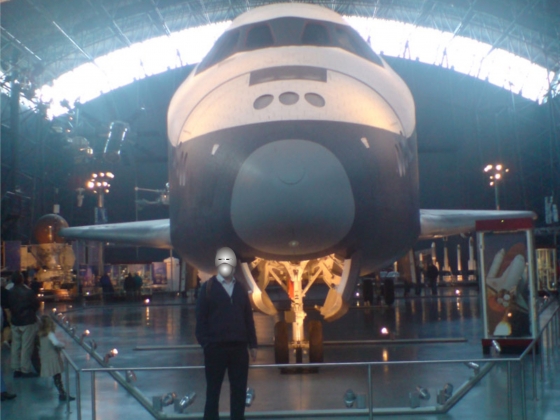Well a week overdue and a new post. And I turn to two curious incidents…
Curiosity itself
Firstly, the obvious one. What I promised for last Sunday, actually happened Monday morning European time. Curiosity successfully landed on Mars.
It was a fascinating experience. Often what carries the emotional impact of an event is not the incident itself, but how people react. Watching human mirrors responding to events often gives us a deeper connection to them. So it was with the Mars landing. What follows are my impressions from watching NASA TV live.
We were in the control room at the JPL and immediately I was thrown back to watching the moon landing-yes that old! Long rows of people engaged in keeping the spacecraft on track-mostly men, and a few women –but with a big range of age and appearance. And some evidence of ethnicity. From those looking like they’re in their 30’s (and with suitably trendy haircuts) to many greyed or balding individuals or even one greying ‘hippy’ with long hair and a full beard.
As events unfold and reports come in from the different control stations there is polite applause as each step is successfully negotiated by the ship.
The concentration and tension mount as the spacecraft enters the atmosphere and has to do the various complicated somersaults to set the one ton landing rover on the surface. A picture of scientists at work: methodical, with carefully controlled actions and precise reporting one to the other.
Then Curiosity successfully lands.
And there is complete pandemonium.
The whole control room is an explosion of human emotion. They are on their feet in seconds, embracing, cheering, screaming and shouting. I was quite prepared to see the odd somersault too.
The human mirrors faithfully reflect the magnitude of the event.
As a new phase in space exploration was beginning, an old one ended– and with it a curious omission.
Sir Bernard Lovell
Sir Bernard Lovell, father of the Jodrell Bank telescope and pioneer in radio astronomy passed away at the age of nearly 99. As a youngster my brother and I were dispatched to Cheshire during the school holidays to stay with family friends in a big house in the countryside. Two things left a lasting impression: Jodrell Bank and Manchester Airport.
There was good coverage in the media and much celebration of his life, achievements and his contribution to science. A Hero of Science: the media loves a Hero of Science. We live in an Age of Science, and rationality. Superstition is banished (except in newspaper horoscopes– and anything that will sell copy or get good viewing figures).
Wikipedia reports in its entry Lovell’s all-round interests : a scientist that can engage with the Arts too. He loved music and played the church organ. But it hints at “An inconvenient truth…”, a church organ A deeper dig with Google will reveal passages like this from a book on the Big Bang Theory*—“Astronomer Bernard Lovell, for example, a devout Christian, believed that continuous creation of matter required by the theory, was as good a sign of God’s activity as any-” Whoops! Well, of course a Hero of Science cannot believe in God, it just doesn’t fit, so it’s best to bury the fact and not mention it at all. If it’s not in Wikipedia and the media hasn’t reported it, it has no material presence in this universe.
The other inconvenient truth is, of course, the fact that the huge investment to find evidence of life (at least at some time) on Mars– which rests on Curiosity’s strong metal back– might draw a blank, as other ventures have.
Notwithstanding Life on Mars, the excitement of Curiosity for me, along with the practicing science itself, is in the journey. As a scientist I am both detective and explorer in a world without previous human footprints. As Richard Feyman said “It’s the joy of finding out..” Hopefully this time people (especially high impact scientific journals) will be a little more circumspect about interpreting microscope rock formations as bacteria. But when you want to believe in something enough…
In complete contrast the next entry will be entitled “Obi-wan Kenobi and the Quest for the Green Loch “- a true story and nothing to do with fan fiction at all. Really! Until then…
*The Big Bang theory. What it is. Where it came from. And why it works Karen C. Fox (2002) p 84, John Wiley & Sons, New York.

